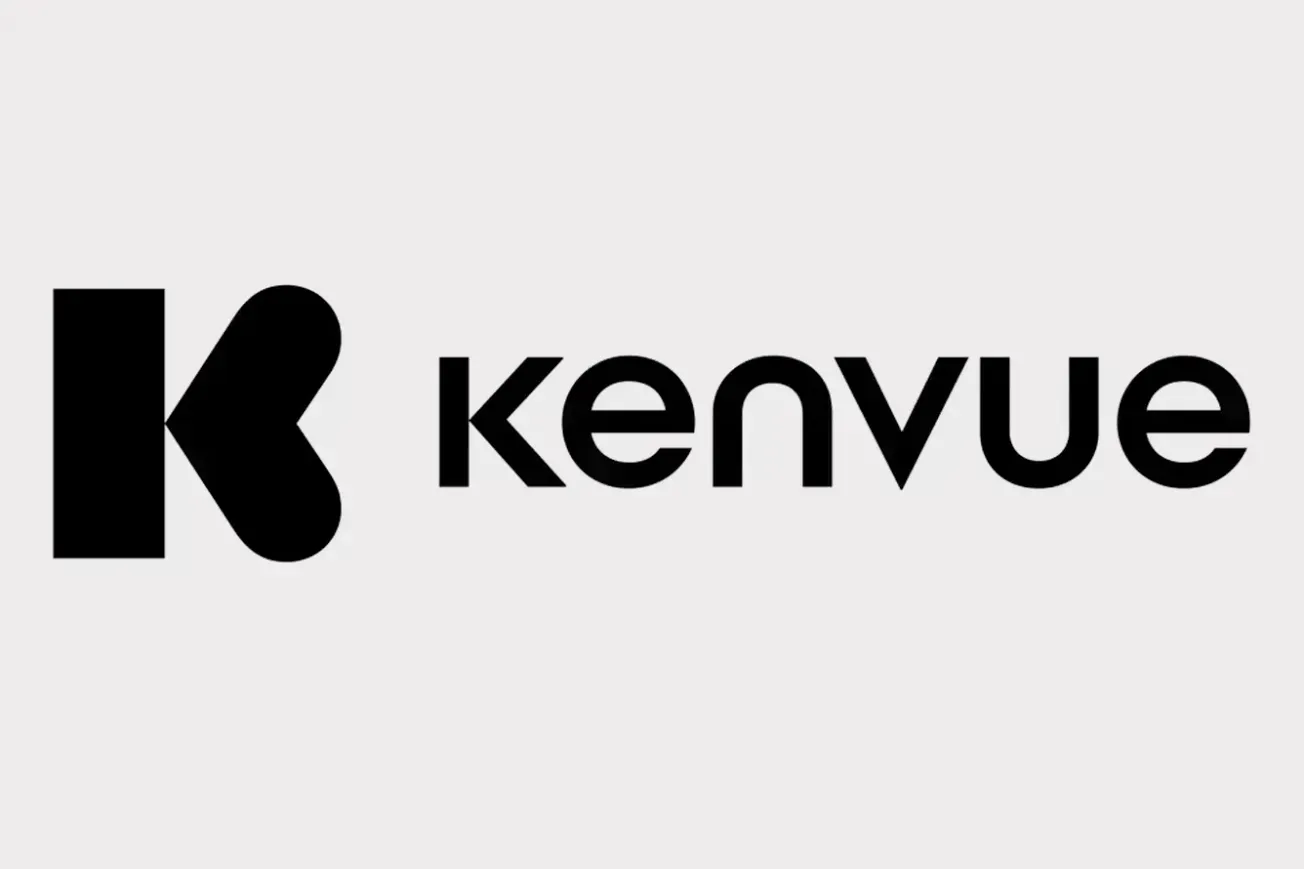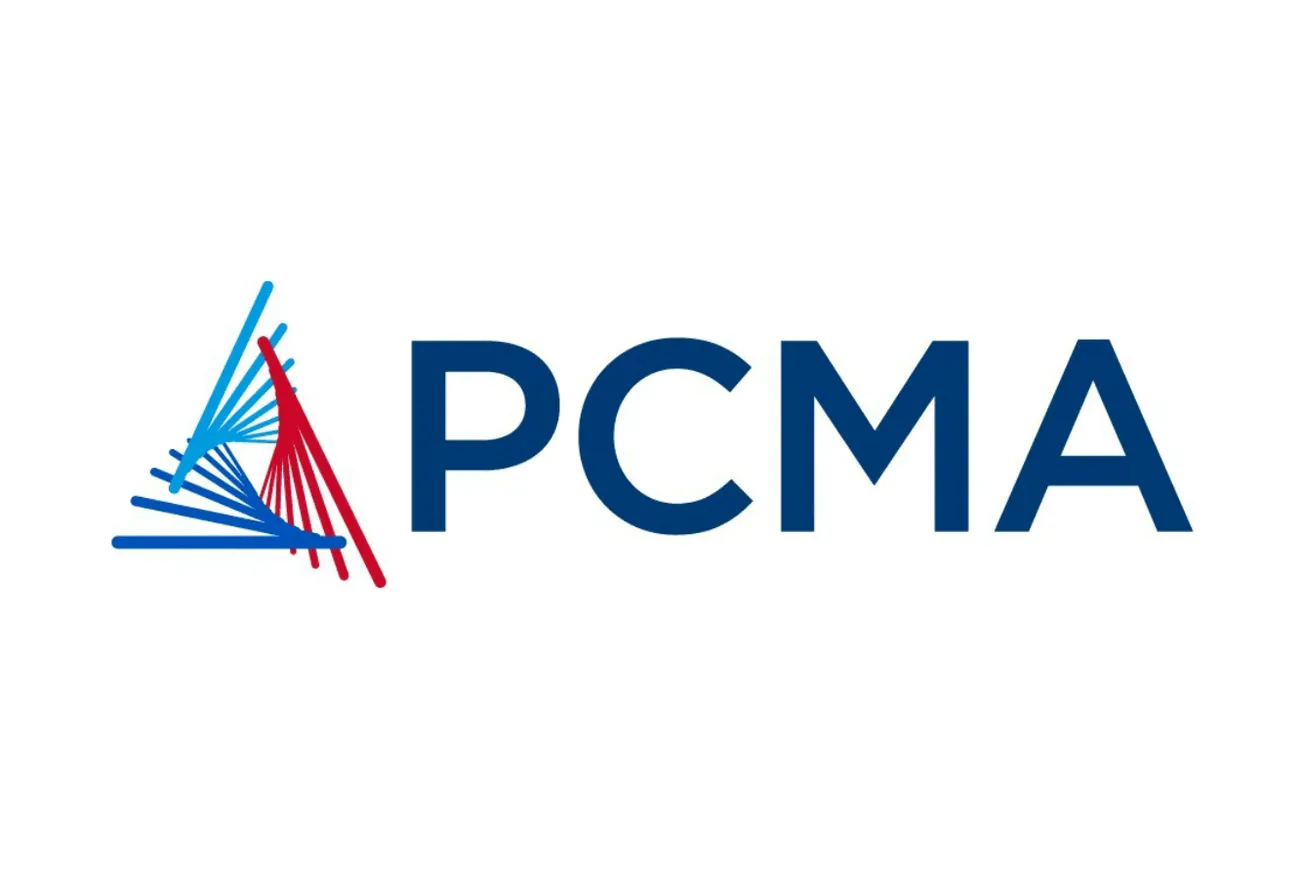ROCHESTER, N.Y. — Eastman Kodak Co., an iconic U.S. company and at one time a core supplier to chain drug stores, has filed for Chapter 11 bankruptcy protection.
Kodak said Thursday that the company and its subsidiaries made the filing for Chapter 11 business reorganization in the U.S. Bankruptcy Court for the Southern District of New York. The move is expected to help the company shore up its liquidity in the United States and globally, monetize nonstrategic intellectual property, resolve legacy liabilities and focus on its most valuable business lines.
To boost liquidity and working capital, Kodak has obtained a $950 million debtor-in-possession credit facility with an 18-month maturity from Citigroup. The credit facility is subject to court approval.
The photo and imaging products company said it believes that it has sufficient liquidity to operate its business during the reorganization and continue the flow of goods and services to its customers as usual.
"Kodak is taking a significant step toward enabling our enterprise to complete its transformation," chairman and chief executive officer Antonio Perez said in a statement. "At the same time as we have created our digital business, we have also already effectively exited certain traditional operations, closing 13 manufacturing plants and 130 processing labs, and reducing our workforce by 47,000 since 2003. Now we must complete the transformation by further addressing our cost structure and effectively monetizing noncore IP assets. We look forward to working with our stakeholders to emerge a lean, world-class, digital imaging and materials science company."
Perez noted that the Kodak board and senior management team "unanimously believe that this is a necessary step and the right thing to do for the future of Kodak."
Kodak said it expects to finish its U.S.-based restructuring in 2013 and that Dominic DiNapoli, vice chairman of FTI Consulting, will serve as chief restructuring officer to support the management team during the reorganization.
Kodak’s decline began years ago as its dominant film-based photography, supplies and processing business became eclipsed by the burgeoning market for digital cameras and accessories and online photo services. In turn, that market is now being usurped by digital cameras and video camcorders on cell phones and smartphones.
Though Kodak has evolved its business into the digital realm — including photo printers, imaging peripherals, digital capture technology, and online services — many industry observers have said that the company needed to adapt more rapidly amid a fast-changing market with far more players.
In chain drug stores, changes in the front end of the store in recent years reflect the reversal of Kodak’s fortunes.
Gone is the large photo department housing film dropoff and processing services along with racks and shelves of film, disposable film cameras and other film camera accessories — once a bastion of the local drug store. These days, chains such as CVS/pharmacy, Walgreens and Rite Aid have slimmed down their photo areas mainly to self-serve kiosks for printing digital photos and creating and ordering photo gifts, as well as a limited selection of inexpensive digital cameras, digital disposable cameras, flash storage devices and digital photo frames. Chains, too, are steering customers to their websites for ordering photo prints and gifts.
On Thursday, Kodak stressed that it has "made pioneering investments in digital and materials deposition technologies in recent years" and said that in 2011 the company generated about 75% of its revenue from digital businesses.
Perez stated, "Chapter 11 gives us the best opportunities to maximize the value in two critical parts of our technology portfolio: our digital capture patents, which are essential for a wide range of mobile and other consumer electronic devices that capture digital images and have generated over $3 billion of licensing revenues since 2003; and our breakthrough printing and deposition technologies, which give Kodak a competitive advantage in our growing digital businesses."







